The Hidden Curriculum: Math Games In The Digital Age
The Hidden Curriculum: Math Games in the Digital Age
Related Articles: The Hidden Curriculum: Math Games in the Digital Age
Introduction
In this auspicious occasion, we are delighted to delve into the intriguing topic related to The Hidden Curriculum: Math Games in the Digital Age. Let’s weave interesting information and offer fresh perspectives to the readers.
Table of Content
The Hidden Curriculum: Math Games in the Digital Age
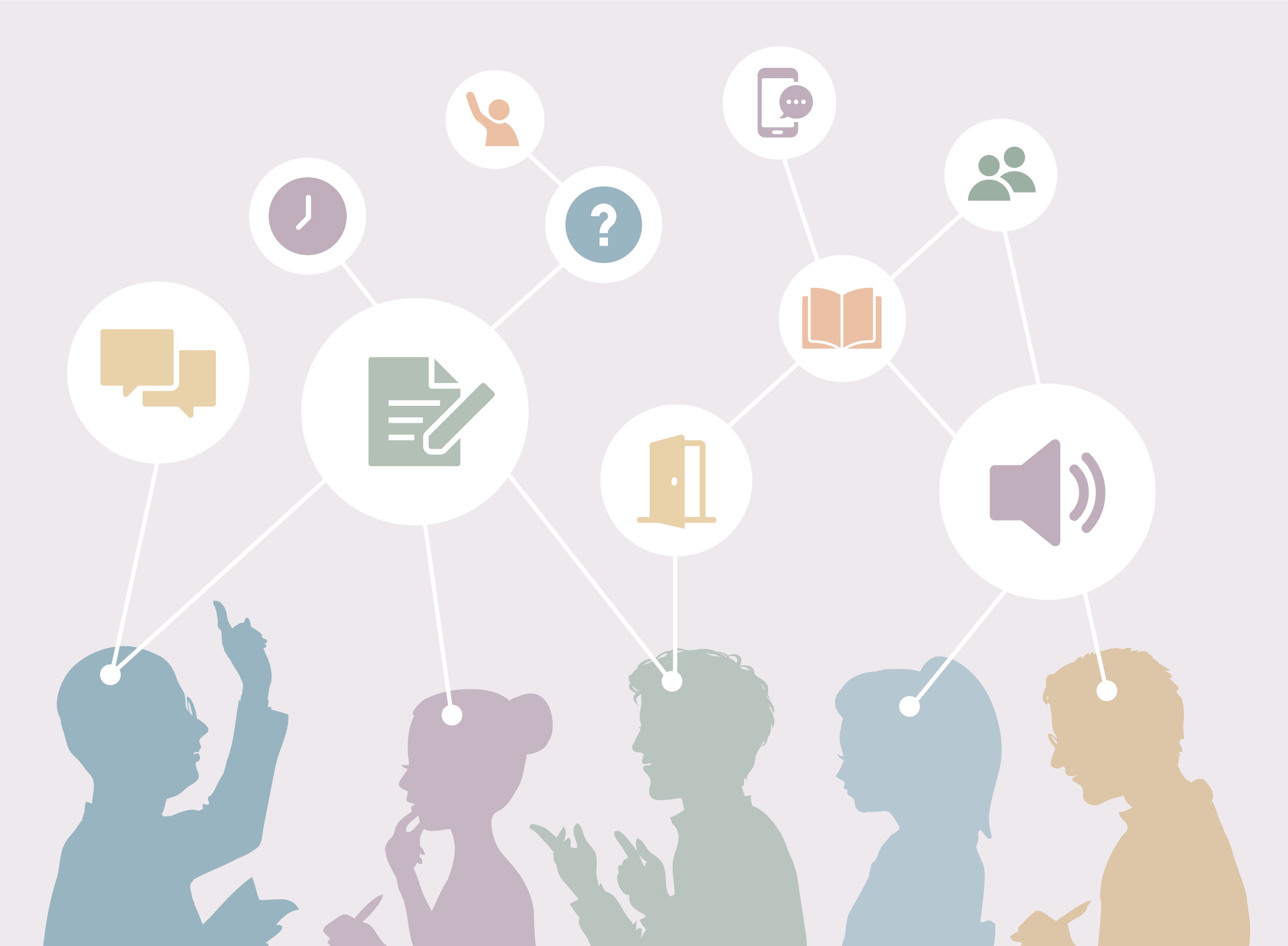
The landscape of education has undergone a dramatic transformation in the digital age. While traditional classrooms remain a cornerstone, the internet has opened up a world of interactive learning experiences, including a fascinating category: games that seamlessly integrate mathematical concepts. These games, often referred to as "unblocked games," have become a powerful tool for engaging students, fostering a love for learning, and developing essential mathematical skills.
The Evolution of Math Games: From Analog to Digital
The concept of using games to teach math is not new. For centuries, educators have employed board games, puzzles, and even simple card games to make mathematical concepts more tangible and enjoyable. However, the advent of computers and the internet ushered in a new era of interactive math games. These digital experiences offer a level of interactivity, visual appeal, and personalized feedback that was previously unattainable.
Understanding the Appeal of Unblocked Games
The term "unblocked games" typically refers to online games that can be accessed without restrictions, often found on websites specifically designed for educational purposes. These games, designed to be played in a browser, are readily accessible to students in various settings, from classrooms to homes.
The appeal of these games lies in their ability to seamlessly blend entertainment with learning. Students are drawn to the engaging gameplay, the challenges they present, and the opportunity to demonstrate their mastery of mathematical concepts. This intrinsic motivation is crucial for fostering a positive attitude towards learning, especially in subjects like mathematics that can often be perceived as challenging.
The Benefits of Unblocked Games in Math Education
These games offer a multitude of benefits for students of all ages and learning styles:
- Engaging Learning: The interactive nature of these games creates a more engaging learning environment, replacing passive lectures with active participation. This active engagement is key to promoting deeper understanding and retention of mathematical concepts.
- Personalized Learning: Many unblocked math games are designed with adaptive learning features, adjusting the difficulty level based on the player’s performance. This personalized approach ensures that each student receives appropriate challenges, promoting a sense of achievement and confidence.
- Developing Problem-Solving Skills: Math games often present students with real-world scenarios that require them to apply their mathematical knowledge to solve problems. This hands-on experience helps develop critical thinking, logical reasoning, and strategic planning skills – essential for academic and professional success.
- Building Confidence: The positive feedback and sense of accomplishment that come with successfully completing a math game can significantly boost a student’s confidence in their mathematical abilities. This newfound confidence can translate to greater willingness to engage with more challenging mathematical concepts.
- Promoting Collaboration: Many unblocked games are designed for multiplayer experiences, allowing students to collaborate and learn from each other. This cooperative learning environment fosters communication skills, teamwork, and a sense of shared responsibility.
- Accessibility and Flexibility: The availability of these games on various platforms and devices, including computers, tablets, and smartphones, makes them readily accessible to students in a variety of settings. This flexibility allows for personalized learning experiences tailored to individual needs and preferences.
Examples of Unblocked Math Games
The world of unblocked math games is vast and diverse, offering a range of experiences tailored to different age groups and learning objectives. Some popular examples include:
- Math Playground: This website offers a collection of engaging math games for various grade levels, covering topics like arithmetic, geometry, algebra, and logic.
- Cool Math Games: This platform features a wide variety of games that incorporate mathematical concepts in fun and engaging ways, appealing to students of all ages.
- Khan Academy: This renowned online learning platform offers a collection of interactive math games that complement its comprehensive educational resources.
- FunBrain: This website offers a variety of educational games, including math-focused options, designed to make learning fun and engaging.
FAQs by Unblocked Games Disguised as Math
Q: Are unblocked games effective for learning math?
A: Research suggests that incorporating unblocked games into math education can significantly enhance learning outcomes. These games provide a fun and engaging environment that promotes active learning, problem-solving skills, and a positive attitude towards mathematics.
Q: How can parents and educators use unblocked games to supplement math learning?
A: Parents and educators can use unblocked games as a tool for:
- Reinforcing classroom learning: Games can help solidify concepts taught in the classroom through interactive practice and real-world applications.
- Addressing learning gaps: Games can help students address specific areas where they struggle by providing targeted practice and feedback.
- Encouraging exploration: Games can introduce students to new mathematical concepts and encourage them to explore beyond the curriculum.
Q: What are the potential drawbacks of using unblocked games in math education?
A: While unblocked games offer numerous benefits, it is essential to consider potential drawbacks:
- Limited scope: Some games may focus on specific mathematical concepts, potentially neglecting other areas of the curriculum.
- Overreliance: Overdependence on games for learning can lead to a lack of engagement with traditional learning methods and potentially hinder the development of critical thinking skills.
- Accessibility and equity: Access to technology and internet connectivity can create disparities in opportunities to utilize these games.
Tips by Unblocked Games Disguised as Math
- Align games with learning objectives: Carefully select games that align with specific learning objectives and curriculum standards.
- Monitor progress and provide feedback: Track student progress and provide feedback to guide their learning journey.
- Encourage collaboration and discussion: Promote teamwork and encourage students to discuss their strategies and solutions.
- Balance game-based learning with traditional methods: Integrate games into a balanced learning approach that incorporates traditional methods like lectures, textbook work, and problem-solving exercises.
Conclusion by Unblocked Games Disguised as Math
Unblocked games have emerged as a powerful tool in the digital age, offering a unique blend of entertainment and education. By transforming mathematical concepts into interactive experiences, these games foster a love for learning, develop essential skills, and enhance overall academic achievement. While it is crucial to use these games responsibly and within a balanced learning approach, their potential for enriching math education is undeniable. As technology continues to evolve, the role of unblocked games in shaping the future of education will undoubtedly grow, further bridging the gap between learning and play.
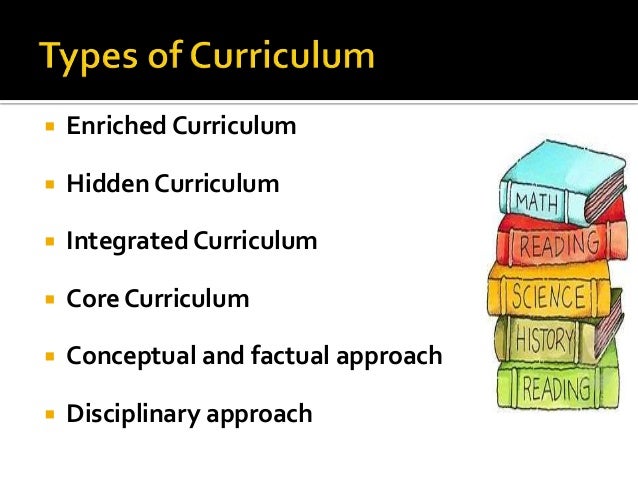

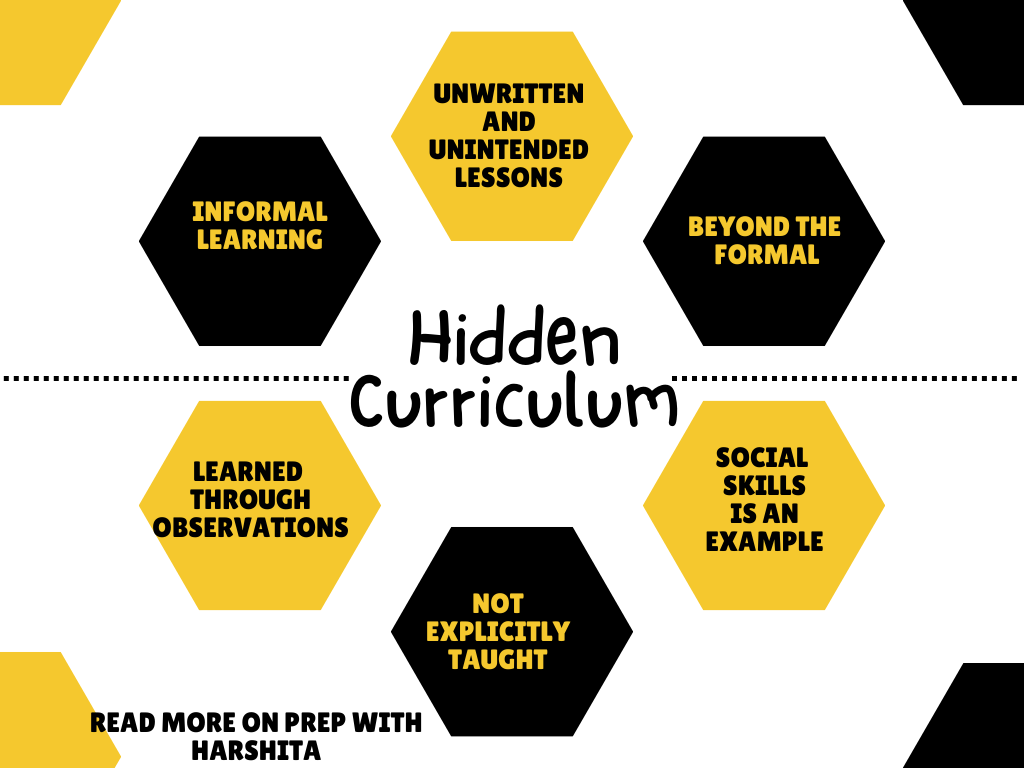

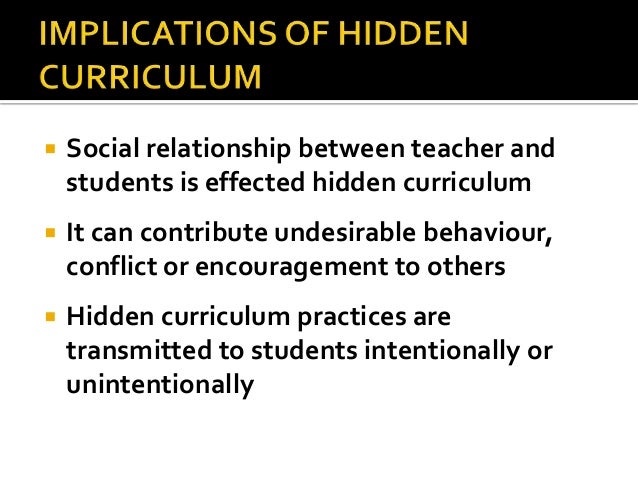
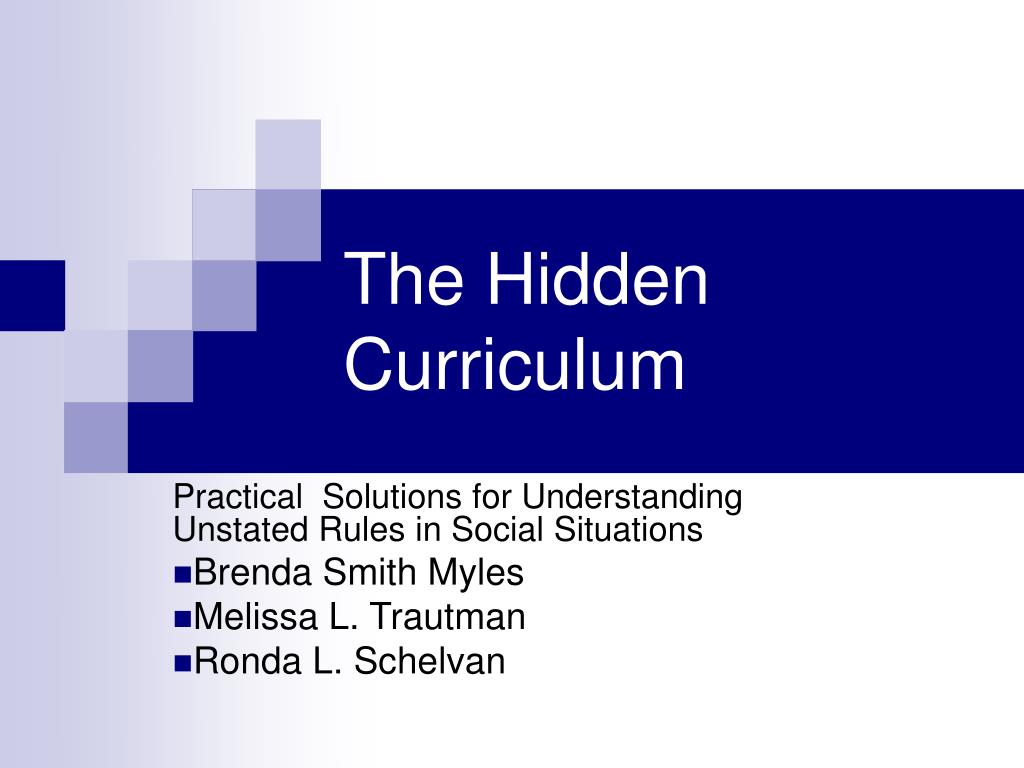

Closure
Thus, we hope this article has provided valuable insights into The Hidden Curriculum: Math Games in the Digital Age. We thank you for taking the time to read this article. See you in our next article!

Leave a Reply